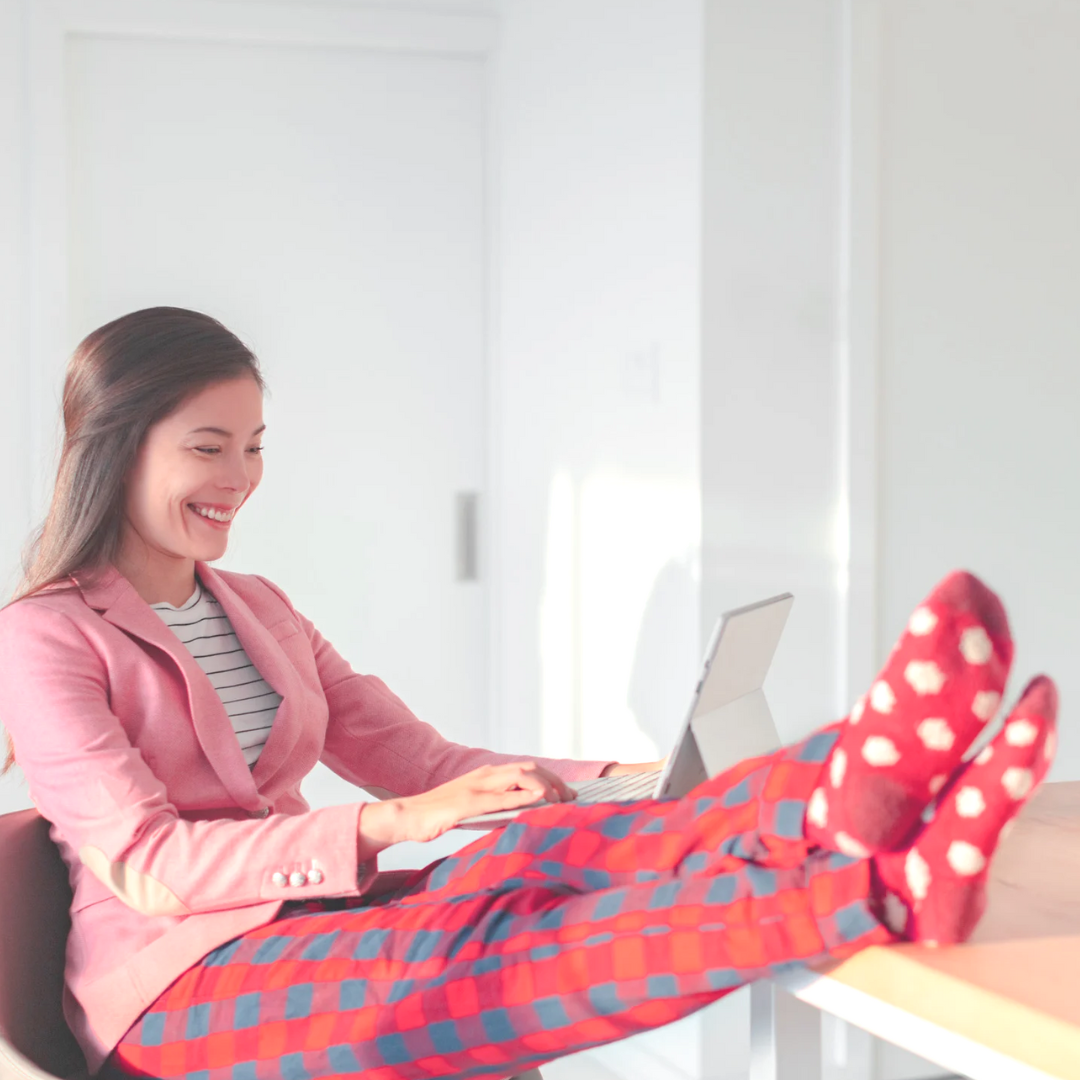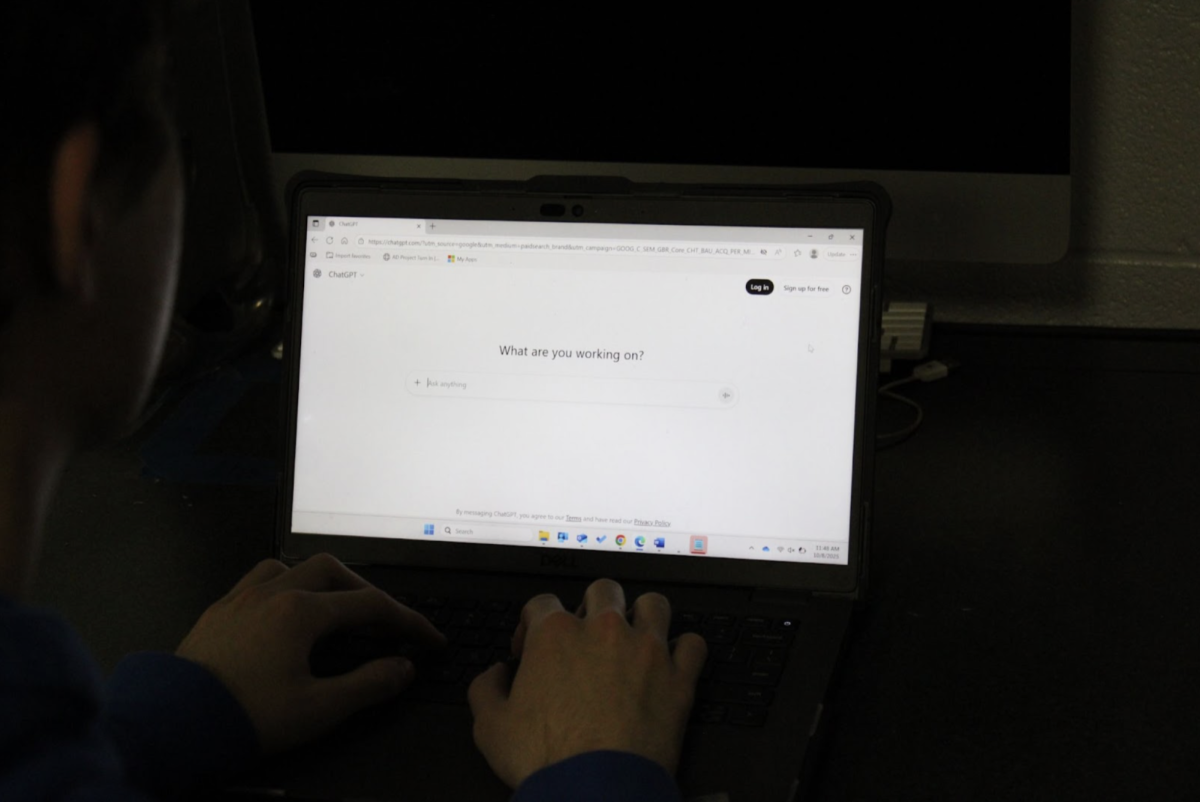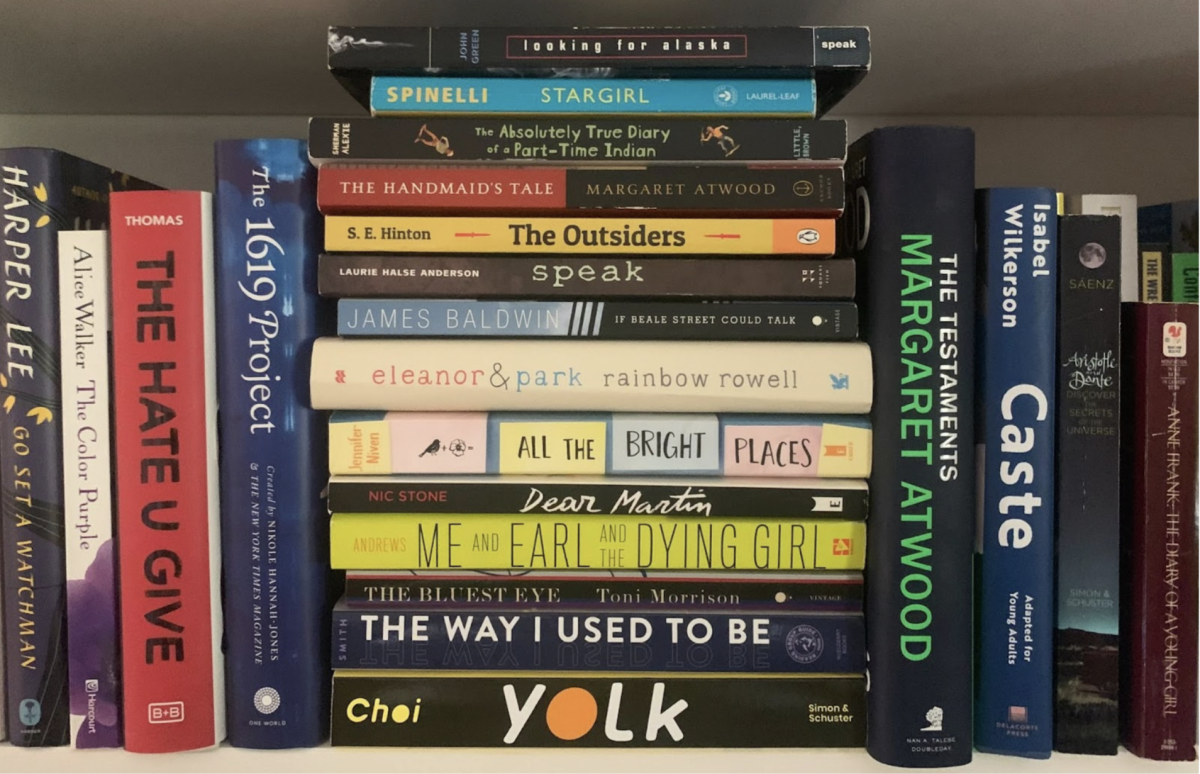In an era where casual dress oftentimes reigns supreme, the significance of dressing in a formal manner has been steadily eroded. However, the simple act of dressing in a suit or nice dress to a formal dinner or interview is not just because of tradition, but also speaks volumes about the respect, and professionalism for the occasions themselves.
The move toward casual dress has been a long time coming, with the introduction of remote work caused by the COVID-19 pandemic, office attire has shifted into sweatpants and t-shirts. Additionally, the rise of social media has influenced several fashion trends towards comfort rather than formality.
While there is nothing wrong with being comfortable, formal attire is more than just fabric choices, it’s about showing respect. When someone takes the time to dress themselves up for an event, it signals that they care about the occasion and the people involved. A job interview is a chance to make a strong first impression, and dressing too casually can send the wrong message about one’s professionalism. When dressing for a formal event, you should be aware of your fashion choices so that you send the right message to whoever you may be presenting yourself to.
As lockdowns spread throughout the country, remote work normalized ultra-casual clothing. With people confined to their homes, there was little reason to dress up and comfort became the primary focus. Sweatpants, hoodies, and even pajamas became acceptable work for virtual meetings. As a result, even as restrictions lifted and in-person events resumed, many found it difficult to return to more formal attire.
Platforms like Instagram, TikTok, and YouTube spotlight influencers and celebrities prioritize comfort and personal expression over traditional fashion norms. The rise of “athleisure,” oversized sweater and mix-and-match aesthetics, has been fueled by viral trends and curated content that celebrates relaxed, everyday styles. As users scroll through endless posts of people in sweatpants, sneakers, and crop tops, these people become aspirational rather than just practical. Formalwear, once a symbol of status and occasion, often takes a backseat to outfits that appear effortlessly cool and relatable.
Of course, some argue that clothing doesn’t determine a person’s abilities or worth, and that is absolutely true. However, the way we present ourselves still matters in society. If we abandon dress codes entirely, do we risk losing a sense of occasion and importance? Are we trading tradition and respect for convenience and personal preference?
While the shift towards casual dressing reflects broader cultural changes, like the influence of social media, the comfort-first mindset born courtesy of the pandemic, and evolving workplace norms, we should be mindful of the message our clothing sends. Dressing up for formal events isn’t just about appearances; it’s a sign of respect for the occasion and the people involved.








